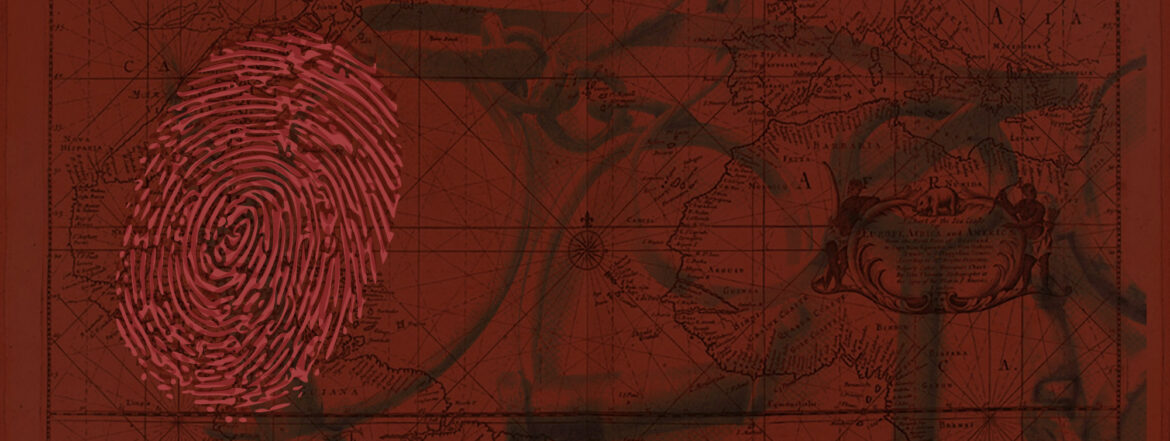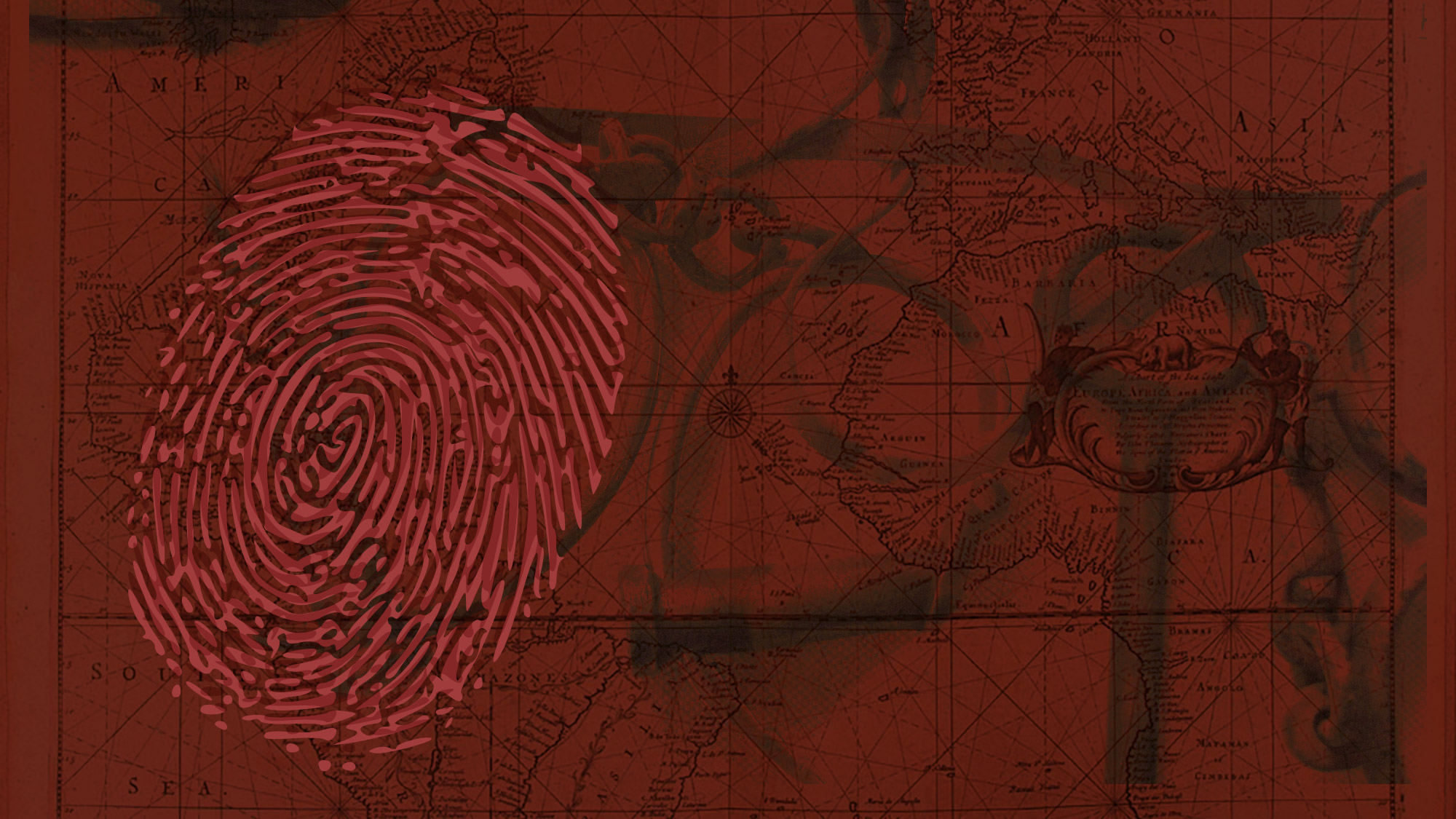Present Tense Empires, Race, Bio-politics
Aug 15–Aug 26, 2005
UC Irvine
Program Overview
UCHRI hosted the second annual Seminar in Experimental Critical Theory (SECT II) on the topic “Present Tense Empires, Race, Bio-Politics”. Running daily over two intensive weeks, SECT II was attended by 60 participants from around the world.
SECT is an intensive two-week summer program for graduate students and faculty from the UC system and elsewhere, as well as other scholars, professionals, and public intellectuals. The Seminar brought together four distinguished instructors and a group of 50-60 students to study a pressing issue or theme in contemporary critical theory, in both its “pure” and “applied” modes. SECT is neither exclusively an introductory survey course nor an advanced research seminar. Rather, it is an academy or “laboratory” where students and faculty at all levels of previous experience can study with scholars involved in important and creative theoretical thought. Truly innovative work is of necessity both fundamental and advanced, hence needs to be presented in ways that are simultaneously accessible and challenging for the widest range of scholars.
The second annual UCHRI Seminar in Experimental Critical Theory focused on “Empires, Race, Bio-Politics”. The Seminar linked our present both theoretically and politically to the pasts that have produced it. Colonial domination and racial subjection continue to function as rule, representation, and rationalization through bio-politics. They mobilize bodily assertions and ascriptions, penetrations and impositions, rules and commands in and as culture, class, sexuality and gender. At the heart of these relations of domination and structures of social definition, of modernity and its shadows, are not just residual but renewed relations of power, of violence and distress, of destruction and death.
The Seminar addressed these continuities and discontinuities between the colonial and the postcolonial, mapping their respective racial registers, their histories and politics, their materialities and traces, their bio-political assumptions and expressions. Concerned with questions of political and aesthetic representation, the Seminar interrogated prevailing assumptions about home, homeland and homogeneities, chart landscapes of metropolitan urbanity and provincial marginality, and attend to indigeneities and invasion as much in structures of feeling as materially and militarily. These questions in turn prompt reconsideration of travel, shifting trade and consumptive routes, media of movement, circulations and connectivities, but also war and terror, and the concomitant concerns of memory and forgetting, trauma and distrust, what remains buried and what buried alive.
The Seminar focused as much on the profound challenges to contemporary empires as on the historical conditions of their making and masking. Woven into these theoretical threads was a concern with the state of the modern nation-state, with racial states of being and belonging, rule and regulation, with the shaping and shriveling of civil society, and with the relational politics of abundance and superfluity, life and death.
Participants were encouraged to think experimentally and critically, reflecting on prevailing structures of thought while dynamically engaging intellectual inheritances and pushing for theoretical innovations.
Schedule
Plenary and break-out sessions, presentations, and other programs were conducted daily from 10:00 a.m.-1:00 p.m. and 3:00-6:00 p.m. at the UC Humanities Research Institute, located on the UC Irvine campus. Evening activities included academic, experimental, and social events.
Presenters
Ien Ang, Director of the Center for Cultural Research, University of Western Sydney, Australia
Dipesh Chakrabarty, Professor, University of Chicago
Lisa Lowe, Processor, UC San Diego
Achille Mbembe, Professor, University of the Witwatersrand
Visiting Instructors
Mary Louise Pratt, Professor, New York University
Ella Shoha, Professor, New York University
Special Guest Musical Performer
David Borgo, Assistant Professor, UC San Diego
The plenary sessions were taught by Ien Ang, Dipesh Chakrabarty, Lisa Lowe and Achille Mbembe, supplemented by visits from Mary Louise Prattand Ella Shohat. The many exhilarating highlights included an art exhibit and discussion of work by noted artists Yong Soon Min and Allan de Souza, as well as a jazz concert by acclaimed saxophonist David Borgo and quintet launching his new CD of South African music, Ubuntu.


